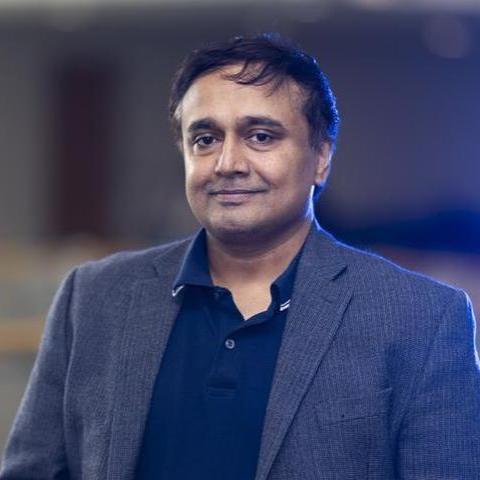Mustaque Ahamad

Mustaque Ahamad, Ph.D., is the Associate Director of Education & Outreach for the Institute for Information Security & Privacy (IISP) and professor in the College of Computing at Georiga Tech. Within the IISP, he seeks to proactively address challenges associated with workforce development in cybersecurity. With oversight of formal degree programs and continuing education for working professionals, he is an advocate for greater cybersecurity education and training in order to meet the collective needs of industry and government. Ahamad's research interests are in the areas of converged communications security and security of healthcare systems. As smart-phone-like devices enable ubiquitous access to web and voice channels, the convergence of telephony with the Internet gives rise to new cross-channel threats that can combine online and voice attacks. For example, voice phishing with caller-ID spoofing has been reported for stealing online banking credentials. His data-driven research approach for exploring cross-channel threats has resulted in a better understanding of these threats and more effective ways to combat them. In the healthcare security area, he has worked on monitoring for detection of abuse and fraud. Ahamad co-founded Pindrop Security, which commercialized his group's research in the telephony security area, and he continues to serve as its chief scientist. He also serves as co-chair of the Messaging Malware Mobile Anti-Abuse Working Group (M3AAWG) special interest group on voice and telephony abuse. He also served as an external advisor for the Federal Trade Commission for telephony abuse. For nearly 20 years, he has been a leading figure in information security as an associate of the IISP's predecessor -- the Georgia Tech Information Security Center -- since 1998 and including serving as its director from 2004 to 2012. He earned his Master's and Doctoral degrees in Computer Science from the State University of New York, Stony Brook, and a B.E. (Hons.) degree in Electrical and Electronics Engineering from the Birla Institute of Technology and Science, Pilani, India. Mustaque Ahamad, Ph.D., is the Associate Director of Education & Outreach for the Institute for Information Security & Privacy (IISP) and professor in the College of Computing at Georiga Tech. Within the IISP, he seeks to proactively address challenges associated with workforce development in cybersecurity. With oversight of formal degree programs and continuing education for working professionals, he is an advocate for greater cybersecurity education and training in order to meet the collective needs of industry and government. Ahamad's research interests are in the areas of converged communications security and security of healthcare systems. As smart-phone-like devices enable ubiquitous access to web and voice channels, the convergence of telephony with the Internet gives rise to new cross-channel threats that can combine online and voice attacks. For example, voice phishing with caller-ID spoofing has been reported for stealing online banking credentials. His data-driven research approach for exploring cross-channel threats has resulted in a better understanding of these threats and more effective ways to combat them. In the healthcare security area, he has worked on monitoring for detection of abuse and fraud. Ahamad co-founded Pindrop Security, which commercialized his group's research in the telephony security area, and he continues to serve as its chief scientist. He also serves as co-chair of the Messaging Malware Mobile Anti-Abuse Working Group (M3AAWG) special interest group on voice and telephony abuse. He also served as an external advisor for the Federal Trade Commission for telephony abuse. For nearly 20 years, he has been a leading figure in information security as an associate of the IISP's predecessor -- the Georgia Tech Information Security Center -- since 1998 and including serving as its director from 2004 to 2012. He earned his Master's and Doctoral degrees in Computer Science from the State University of New York, Stony Brook, and a B.E. (Hons.) degree in Electrical and Electronics Engineering from the Birla Institute of Technology and Science, Pilani, India.









